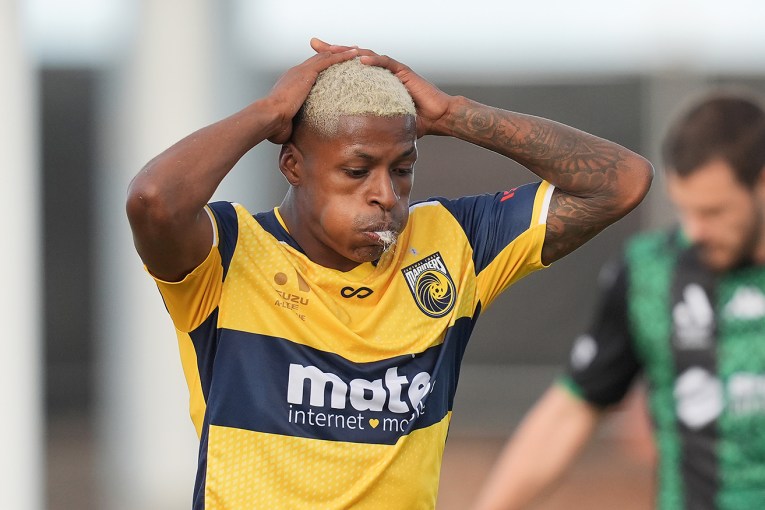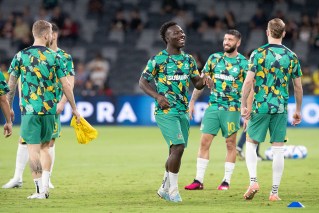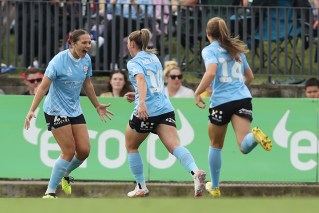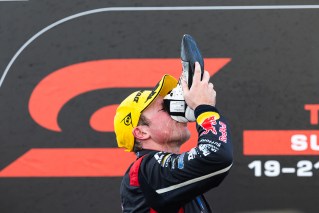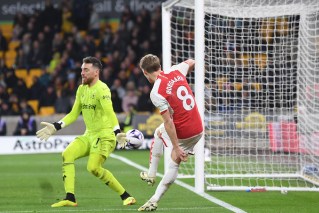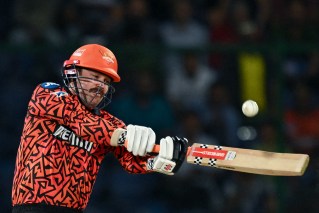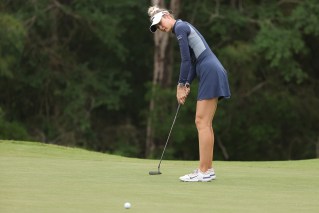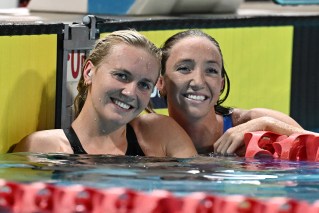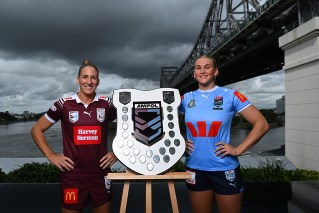Search for answers after Australian swimming’s damp squib
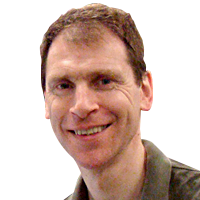
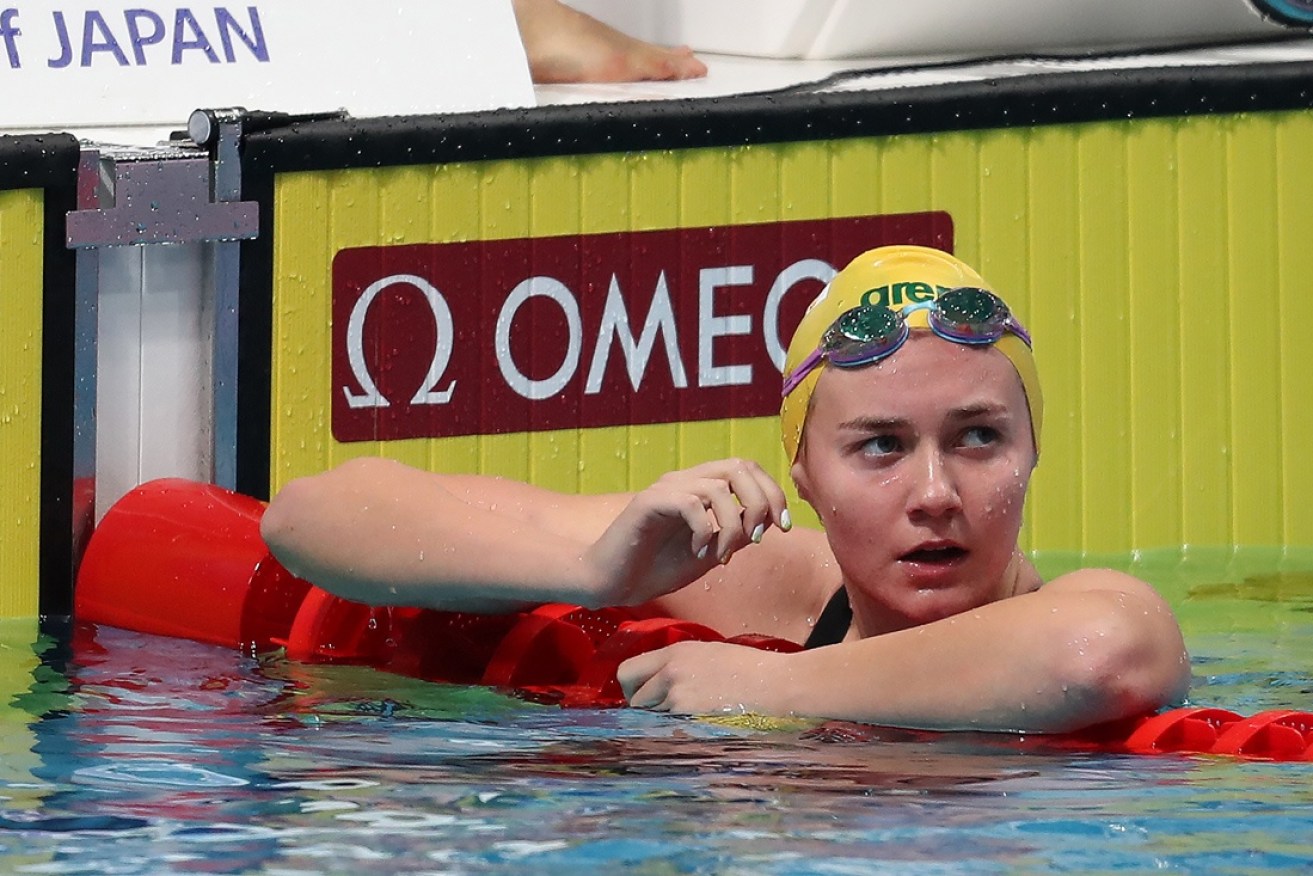
Australia struggled to perform in Hungary. Photo: Getty
Australia’s failure at this year’s world swimming championships was “really hard” to watch, according to former star Libby Trickett.
Just two years after claiming seven gold medals at the last event, Australia claimed just one win in the women’s 200m backstroke.
Emily Seebohm’s success was one of 10 Australian medals at the Budapest meet – our lowest world championships tally since 1991.
And Trickett could not hide her disappointment with the performance.
“We have such an amazing tradition in swimming. We have this expectation that we’ll always be successful, because we have been in the past,” Trickett told The New Daily.
“Certainly, over the past few years it feels like those performances haven’t been there and I understand why people would be disappointed with the outcome.
“It was really hard to see the results.”
Trickett, 32, knows a bit about world championship success, having won 15 medals, eight of them gold − including five at the 2007 worlds in Melbourne.
The four-time Olympic gold medallist believes that, as the eighth placing on the medal table in Hungary indicates, several other nations have surpassed Australia in the pool.
“For so long it felt as if it was Australia and America one-two, but I think the rest of the world has improved: European countries, Japan, and China,” she said.
“Great Britain has really progressed since the London Olympics and we just seem to have stagnated.
“I think Swimming Australia needs to look at the way we do things because we’re not keeping up with the rest of the world at the moment.
“How do we keep competitive? How do we continue to push the likes of the USA, China, Japan, and the European countries? How do we keep pushing forward?
“Those are the questions that Swimming Australia has to try to answer.”
Trickett believes that the questions around team culture, which came to a head after London, have been addressed.
“I think we saw that in Rio last year. It seemed to be a much more supportive, close-knit unit,” she said.

Emily Seebohm was our only gold medallist at the world championships. Photo: Getty
“There are a number of other elements at play that need to be worked on. Whether that’s how to retain coaches, making sure we have the best coaches in the world, and how do we educate them further, and how do we get the athletes more race experience – I think those are the elements that we need to look at more than team culture.”
James Magnussen hit the headlines last week when he questioned the order of swimmers in Australia’s relay teams.
His comments produced a stern reaction from Cate Campbell, and Trickett believes the year after an Olympics is a good time to see how different strategies work.
“They may very well go back to what has worked in the past, but I don’t think we should stop trying or rest on our laurels and become complacent,” she said.
“That’s how we become one of the best swimming nations in the world again – by trying things.”
Trickett said being a parent made her keen to get involved with the “amazing work” done by the team behind Jeans for Genes Day on August 4.
“Anything we can do to raise awareness or raise money for the Children’s Medical Research Institute to help improve diagnosis and treatment for the spectrum of things that they research, all the better.”
